SUMMARY
This is AI generated summarization, which may have errors. For context, always refer to the full article.
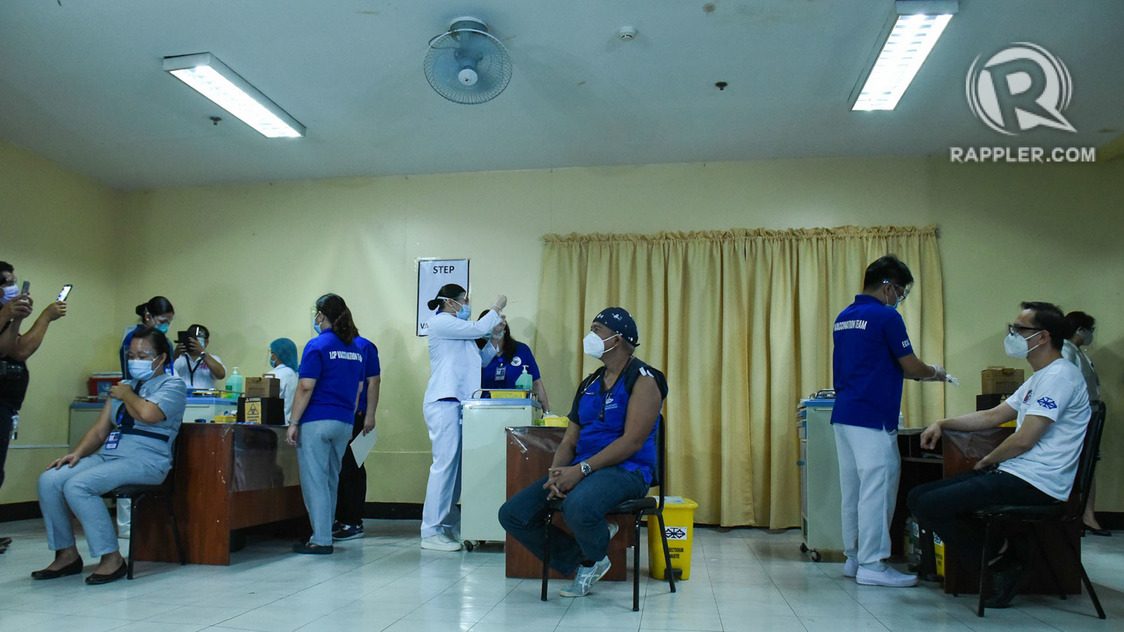
The Philippines’ Health Technology Assessment Council (HTAC) has recommended administering a COVID-19 booster dose to health workers in the fourth quarter of 2021, while other priority groups may become eligible in 2022.
In an issuance dated October 13, the HTAC said its recommendations were made “in consideration of sufficient vaccine supply and acceptable coverage for primary vaccination,” and to offer guidance for the country’s vaccine drive in late 2021 and 2022.
The HTAC, created by the Universal Health Care Law, is a group of experts tasked with the unique role of reviewing any health technology, including vaccines and medicines, to be used for public health programs.
Under the HTAC’s issuance, health experts recommended the following:
- In the 4th quarter of 2021: Booster vaccination among health workers (A1) and the elderly population (A2) at least six months after receiving a primary COVID-19 vaccine series, provided there is enough supply and acceptable vaccination coverage is achieved.
- In 2022: Booster vaccination that will follow the current prioritization framework – only if at least 50% of people in priority groups and 70% of the target population in “hotspot regions” like Manila, Cebu, Davao, Iloilo, Calabarzon, and Central Luzon have received the primary series of a COVID-19 vaccine.
Health Undersecretary Maria Rosario Vergiere told reporters on Monday, October 25, that Health Secretary Francisco Duque III had approved the HTAC’s recommendation and that plans were underway for this next phase of the country’s vaccine drive.
Health workers are the first group to be cleared for booster doses because they were the first group to become eligible for COVID-19 vaccines when the Philippines started its immunization campaign in March 2021, or seven months ago. The elderly population is also among groups with the highest risk of hospitalization and death due to COVID-19 and its complications.
How soon will doses be available?
The exact timeline for when eligible groups may get a booster before the end of this year is not yet clear. The Philippines’ Food and Drug Administration (FDA) still needs to approve any changes to current emergency use authorizations (EUA) issued to COVID-19 vaccines, and it has yet to receive any application for an amendment to these.
Vergeire said the Department of Health (DOH) itself will apply for an amendment to the existing EUAs of vaccines, but declined to give details on the specific shots it would seek changes to since experts were scheduled to meet this week to discuss further details.
So far, what the agency has submitted to the FDA was an “intent to apply,” she added.
“But while we are waiting for the EUA, we already discussing and planning how to go about the implementation,” Vergeire said.
Aside from regulatory approvals, the DOH is also waiting on the advice of the World Health Organization (WHO) on administering boosters, which is expected to become available by mid-November.
Along with booster doses for health workers and the elderly, the DOH is expected to offer a third dose to immunocompromised individuals in late 2021, following recommendations from the WHO’s Strategic Advisory Group of Experts.
Health experts earlier advised a third dose to be offered as part of the primary series for immunocompromised individuals because a growing body of evidence showed people in this specific group do not get adequate protection from the normal two-dose regimen of most available vaccines. – Rappler.com
Add a comment
How does this make you feel?
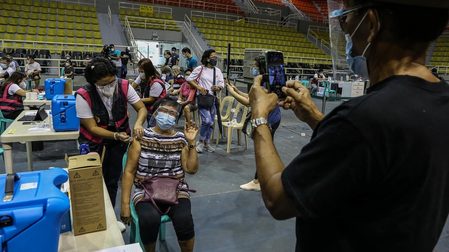
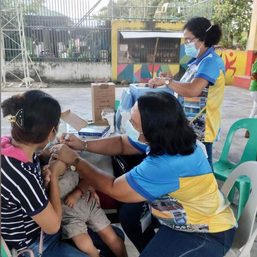
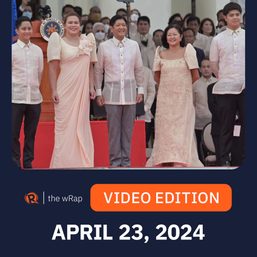
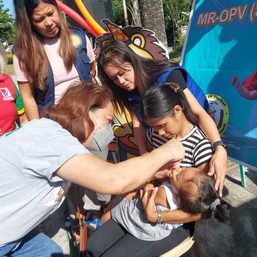
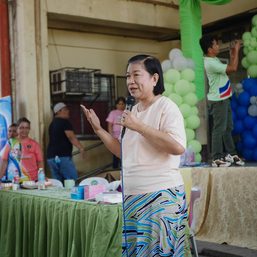
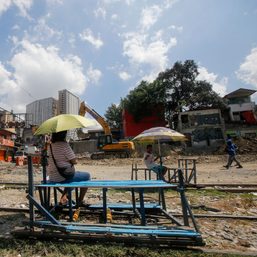

![[Free to Disagree] Sabwatan ng mga doktor at drug companies](https://www.rappler.com/tachyon/2024/04/tl-sabwatan-doktor-drug-companies-April-22-2024.jpg?resize=257%2C257&crop=292px%2C0px%2C720px%2C720px)
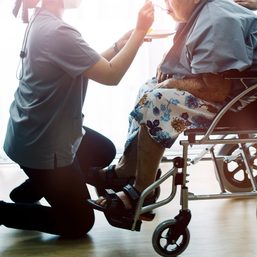

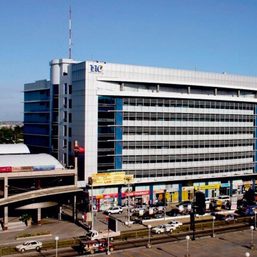
![[OPINYON] Puting buhok at ang mapaminsalang ageism](https://www.rappler.com/tachyon/2024/03/IMHO-Ageism-March-11-2024.jpg?resize=257%2C257&crop=468px%2C0px%2C720px%2C720px)
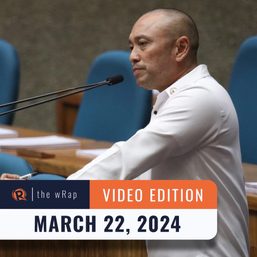
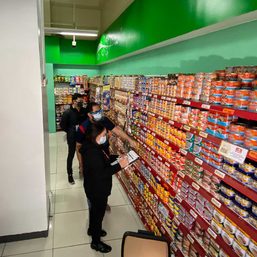
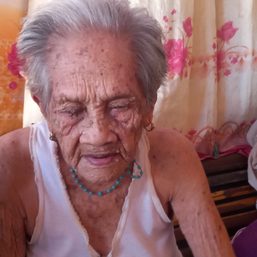

There are no comments yet. Add your comment to start the conversation.